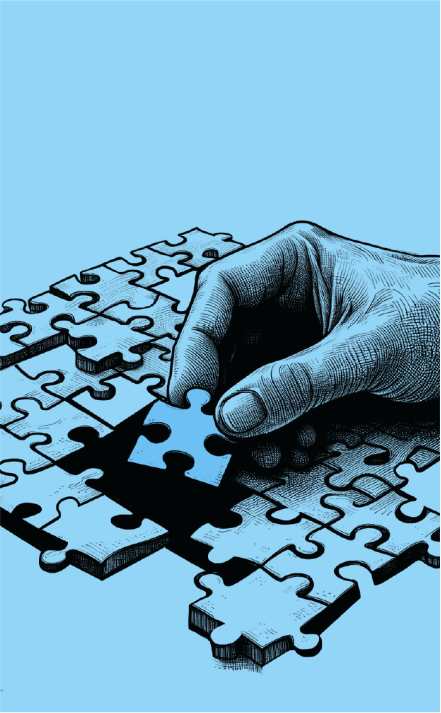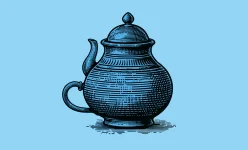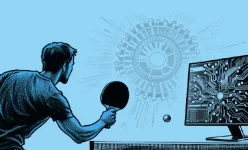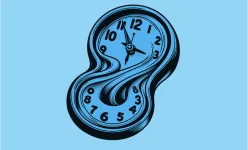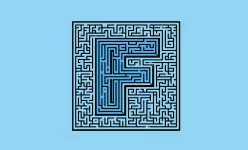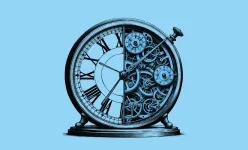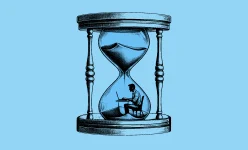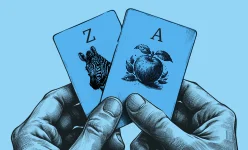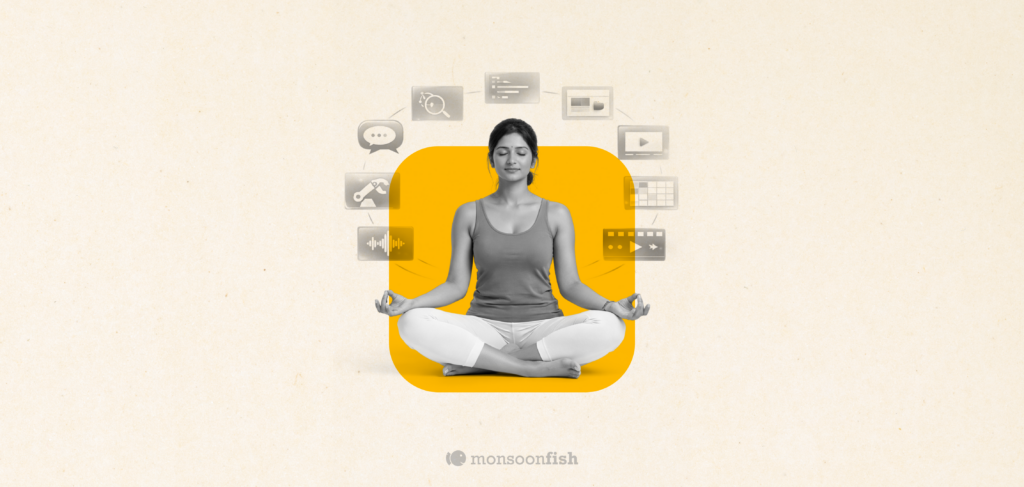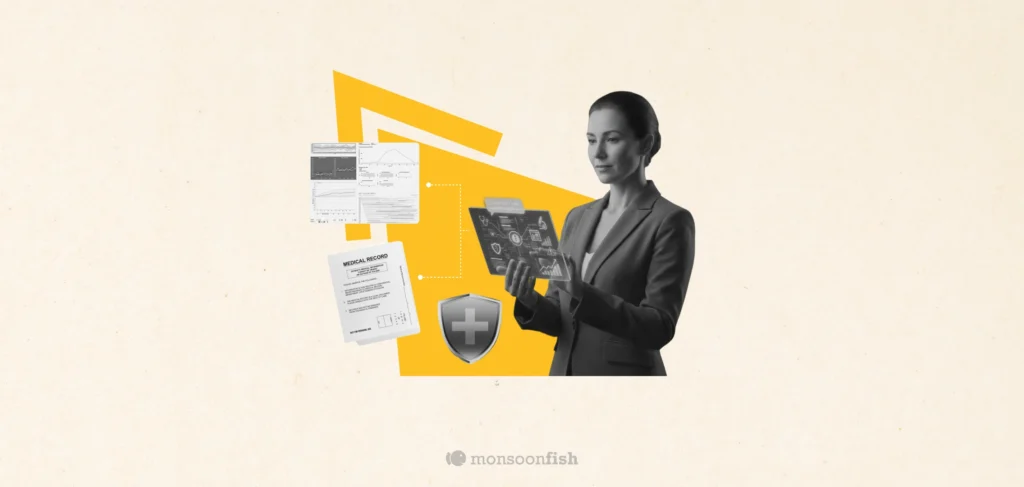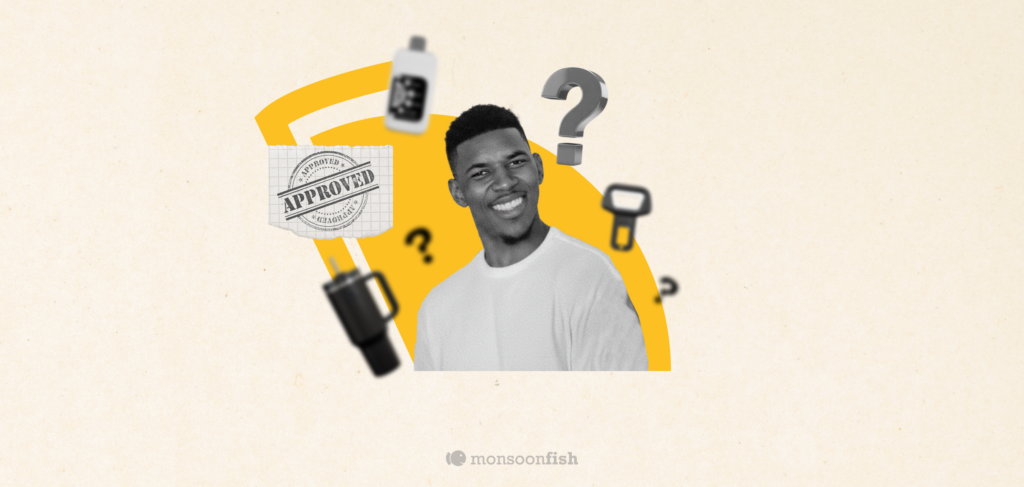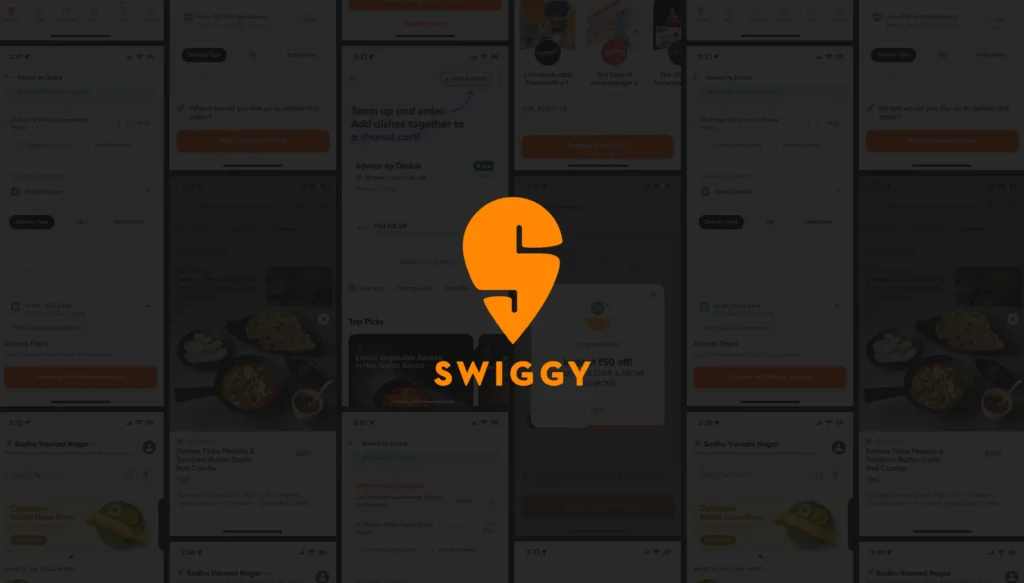Aarush, an aspiring musician, was passionate about composing his first original orchestral music. One evening, he started working on a new piece—a melody that felt like it could be his best work yet. He played with different notes, layered instruments, and built up a powerful crescendo. Just as he was about to refine the final section, his phone rang.
It was a call from an old friend, and before he knew it, the night had slipped away. The composition remained unfinished.
The next morning, Aarush sat down at his piano, but he couldn’t focus on anything else. That unfinished melody kept playing in his head, as if his mind refused to let it go. He found himself humming it while making coffee, tapping the rhythm on his desk, and even thinking about it in the middle of conversations. It was *incomplete*, and that made it impossible to forget.
Frustrated yet curious, he decided to test something. He picked up an old, completed song he had written months ago and tried to recall its details. Surprisingly, he barely remembered much of it. Yet, the unfinished piece remained crystal clear in his mind.
Curious, Aarush researched why this happened and stumbled upon the Zeigarnik Effect—the psychological phenomenon where people remember incomplete tasks more vividly than completed ones. The brain doesn’t like loose ends, so it keeps reminding us to finish what we started.
Realizing this, he decided to use it to his advantage. Instead of forcing himself to finish a song in one sitting, he started intentionally leaving a composition incomplete at an exciting moment. The next day, his mind was already eager to jump back in, making his creative process more consistent and engaging.
The Zeigarnik Effect explains why unfinished tasks stay in our minds longer than completed ones. This is why apps remind users of incomplete sign-ups, why e-commerce platforms nudge customers to finish their purchases, and why progress bars keep us hooked. By leveraging this effect, we can encourage users to return, complete their actions, and stay engaged.

